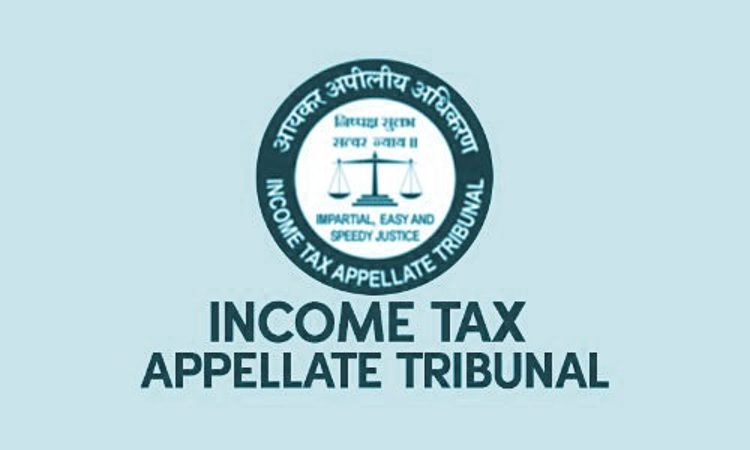ITAT Allows Section 80G Deduction To The Trust Which Is Not Substantially Religious
Mariya Paliwala
13 Dec 2022 6:00 PM IST

Next Story
13 Dec 2022 6:00 PM IST
The Pune Bench of the Income Tax Appellate Tribunal (ITAT) has allowed the deduction under Section 80G of the Income Tax Act to the trust, which is not substantially religious.The two-member bench headed by R.S. Syal (Vice President) and Partha Sarthi Chaudhury (Judicial Member) has observed that if a trust or institution incurs expenses for religious purposes, which are inclusive and only...
